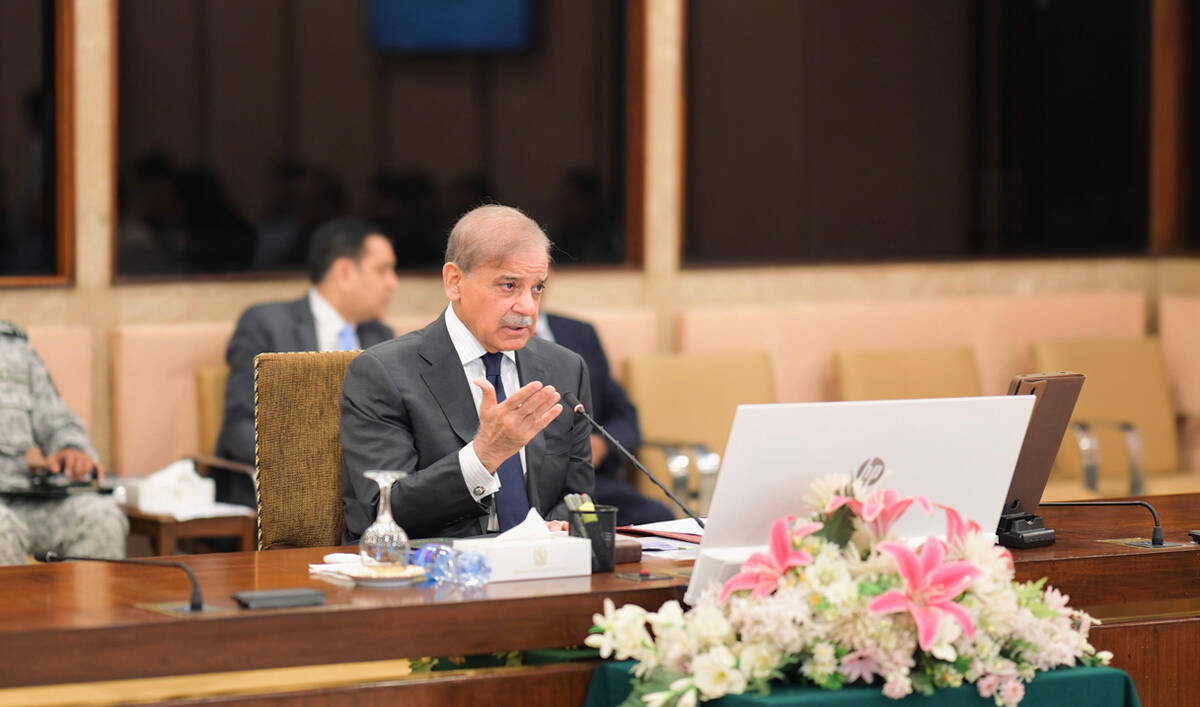ISLAMABAD: Pakistani health authorities have launched a week-long anti-polio vaccination drive in the country’s southwestern Balochistan, the province worst affected by poliovirus, on Monday, state-run media reported.
Balochistan has reported 27 polio cases this year, the highest among all Pakistani provinces this year out of a total of 67 cases. Pakistan’s Khyber Pakhtunkhwa and Sindh provinces have reported 19 cases each this year while Punjab and Islamabad have each reported one case of the infection.
Pakistan, along with neighboring Afghanistan, remains the last polio-endemic country in the world. The nation’s polio eradication campaign has faced serious problems with a spike in reported cases this year that have prompted officials to review their approach to stopping the crippling disease.
“In Balochistan, weeklong anti-polio vaccination drive across the province starts today,” state broadcaster Radio Pakistan said. “According to the Coordinator Emergency Operation Center Balochistan Inamul-Haq, more than 2.6 million children up to five years of age would be administered anti-polio drops.”
Haq said over 11,000 teams have been constituted for administering anti-polio vaccines to children up to five years of age at their doorstep. The official requested parents, media and citizens to play their role in making the anti-polio campaign a successful one.
Pakistani authorities this month conducted a large-scale sub-national polio vaccination campaign in Punjab, Sindh, KP, Azad Jammu and Kashmir, Gilgit-Baltistan and Islamabad, vaccinating over 42 million children.
Poliovirus, which can cause crippling paralysis particularly in young children, is incurable and remains a threat to human health as long as it has not been eradicated. Immunization campaigns have succeeded in most countries and have come close in Pakistan, but persistent problems remain.
In the early 1990s, Pakistan reported around 20,000 cases annually but in 2018 the number dropped to eight cases. Six cases were reported in 2023 and only one in 2021.
Pakistan’s polio program began in 1994 but efforts to eradicate the virus have since been undermined by vaccine misinformation and opposition from some religious hard-liners, who say immunization is a foreign ploy to sterilize Muslim children or a cover for Western spies. Militant groups also frequently attack and kill members of polio vaccine teams.

















